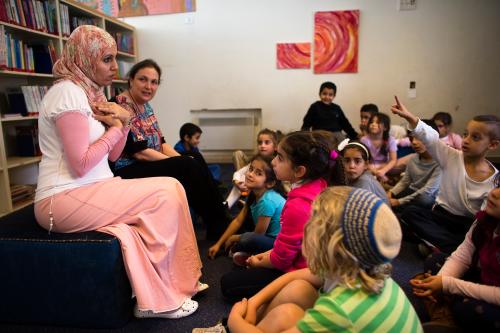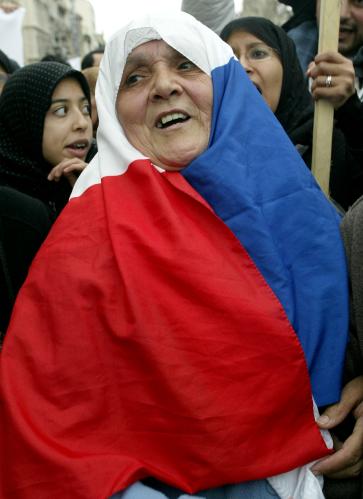This three-part paper series is part of the Center for Middle East Policy’s ongoing research on “Imagining Israel’s Future,” which is designed to help Washington audiences engage with voices from today’s dynamic Israeli society. The papers were written in conjunction with a workshop on the future of Israel’s society, convened at Brookings in December 2016.
 Yedidia Stern, the vice president of the Israel Democracy Institute, examines the tension between religion and state in Israel by exploring several key areas of dispute in Jewish Israeli society and politics. He first explains the main intra-Jewish divides in Israel on the role of religion in the state. Stern argues that Jews in Israel have two cultural foundations: Western-liberal culture and traditional Jewish culture. How is it possible, Stern asks, to function in a situation of dual cultural loyalty, when the two cultures are sometimes at odd with each other? The debate over cultural orientation exists not only on the individual or intra-communal level, but especially in the public-political arena, creating far-reaching implications for relations between religion and state in Israel.
Yedidia Stern, the vice president of the Israel Democracy Institute, examines the tension between religion and state in Israel by exploring several key areas of dispute in Jewish Israeli society and politics. He first explains the main intra-Jewish divides in Israel on the role of religion in the state. Stern argues that Jews in Israel have two cultural foundations: Western-liberal culture and traditional Jewish culture. How is it possible, Stern asks, to function in a situation of dual cultural loyalty, when the two cultures are sometimes at odd with each other? The debate over cultural orientation exists not only on the individual or intra-communal level, but especially in the public-political arena, creating far-reaching implications for relations between religion and state in Israel.
Stern then delves into four key issues in the relations between religion and state: the Sabbath, conversation to Judaism, military conscription of the ultra-Orthodox, and marriage and divorce laws. The next generation of Israelis, Stern argues, will grapple with issues that are broader, that involve matters of principles, and that are more difficult to resolve.
Stern concludes by arguing that Israel is in the throes of an identity crisis, which is one of the fundamental factors in Israel’s political instability. While Jews in Israel constitute a single, well-defined national group, capable of acting together to promote its goals, the crisis of identity poses a significant threat to Israel’s solidarity and shared future. Any attempt to decide the identity conflict in favor of one side or the other is illegitimate. Jews in Israel need open, continuing, and tolerant discourse among the people with different identities in order to increase understanding.




